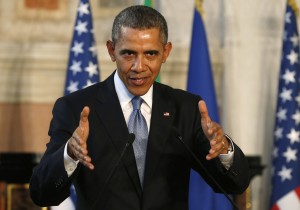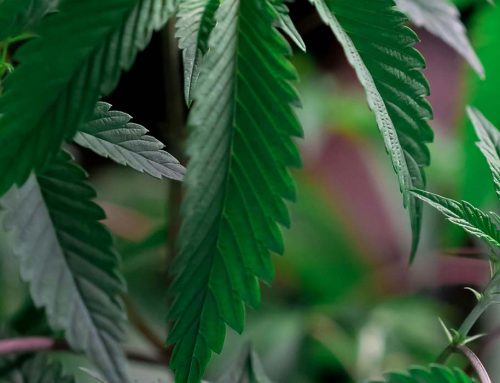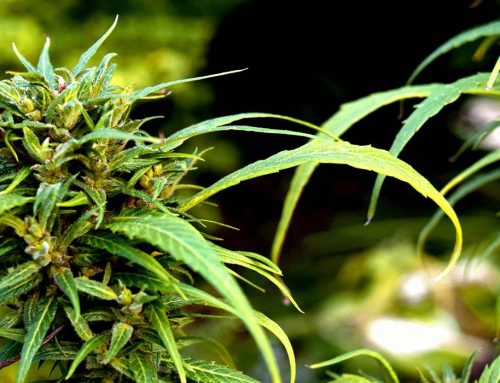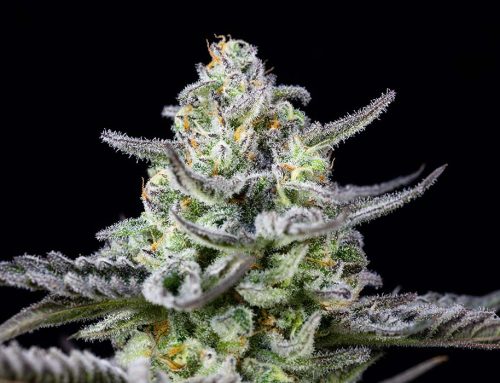President Barack Obama has shortened the sentences of dozens of non-violent drug offenders, the latest step in a growing movement to reform the criminal justice system.

Obama signed commutation orders for 46 federal inmates, all serving long sentences for non-violent crimes involving marijuana and other drugs. The president noted that the most of the inmates would already be free if they had been sentenced under current law.
Their long prison terms, including at least one life sentence, resulted from mandatory minimum sentencing laws enacted during the so-called War on Drugs. Critics now contend those laws are overly harsh and disproportionately punish black men.
“I am granting your application because you have demonstrated the potential to turn your life around,” Obama said in a letter to each of the prisoners. “Now it is up to you to make the most of this opportunity. It will not be easy, and you will confront many who doubt people with criminal records can change. Perhaps even you are unsure of how you will adjust to your new circumstances. But remember that you have the capacity to make good choices.”
Obama first president to visit federal prison
Obama’s ruling came in late July, just days before he was scheduled to become the first sitting president to visit a federal prison. Neil Eggleston, counsel to the president, said the commutations were meant to address a disconnect between punishment and crime.
“Federal sentencing practices can, in too many instances, lead non-violent drug offenders to spend decades, if not life, in prison,” Eggleston wrote on a White House blog. “Now, don’t get me wrong, many people are justly punished for causing harm and perpetuating violence in our communities. But, in some cases, the punishment required by law far exceeded the offense. These unduly harsh sentences are one of the reasons the President is committed to using all the tools at his disposal to remedy unfairness in our criminal justice system.”
Obama’s signature dramatically increased the number of pardons and commutations he has granted, from 44 to 90. Even that is a relatively small number.
Mass amnesty may be necessary
 Marijuana advocates believe mass amnesty may eventually be necessary, once cannabis is widely legal. Thousands of small-time drug offenders remain languishing in prison, typically without ever throwing a punch or drawing a gun.
Marijuana advocates believe mass amnesty may eventually be necessary, once cannabis is widely legal. Thousands of small-time drug offenders remain languishing in prison, typically without ever throwing a punch or drawing a gun.
The president’s decision means all 46 men and women will soon leave prison. But they will continue to carry criminal records, as Obama chose not to pardon them.
The president is the only person in the government with the unquestioned power to pardon federal inmates or commute their sentences. A commutation simply shortens or ends a prisoner’s sentence without overturning the underlying conviction.
Mass amnesty, should it ever happen, could free hundreds if not thousands of low-level drug offenders in federal prison. The last time such a grant occurred, it removed the threat of criminal penalties from thousands of young men who dodged the draft during the Vietnam War.






